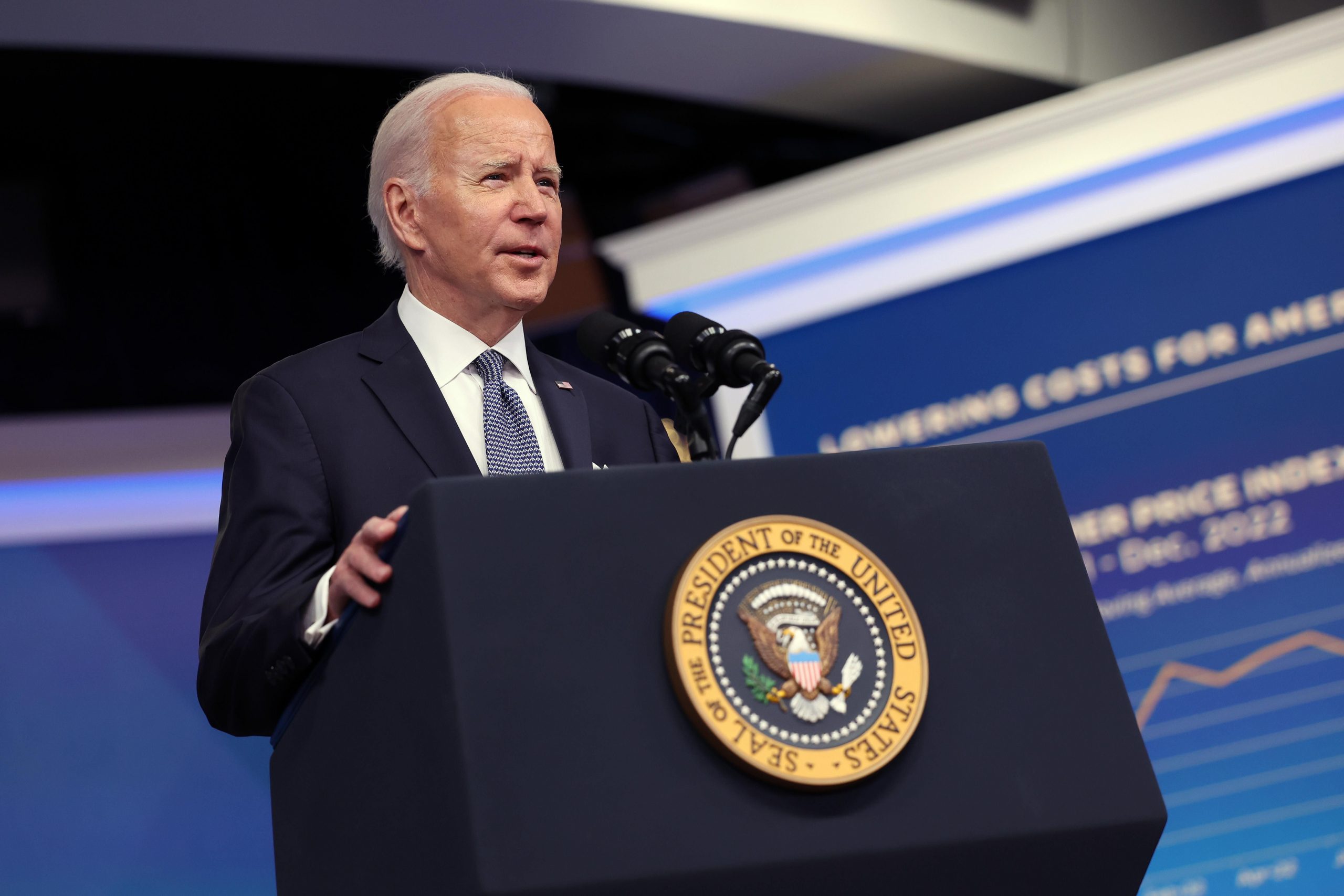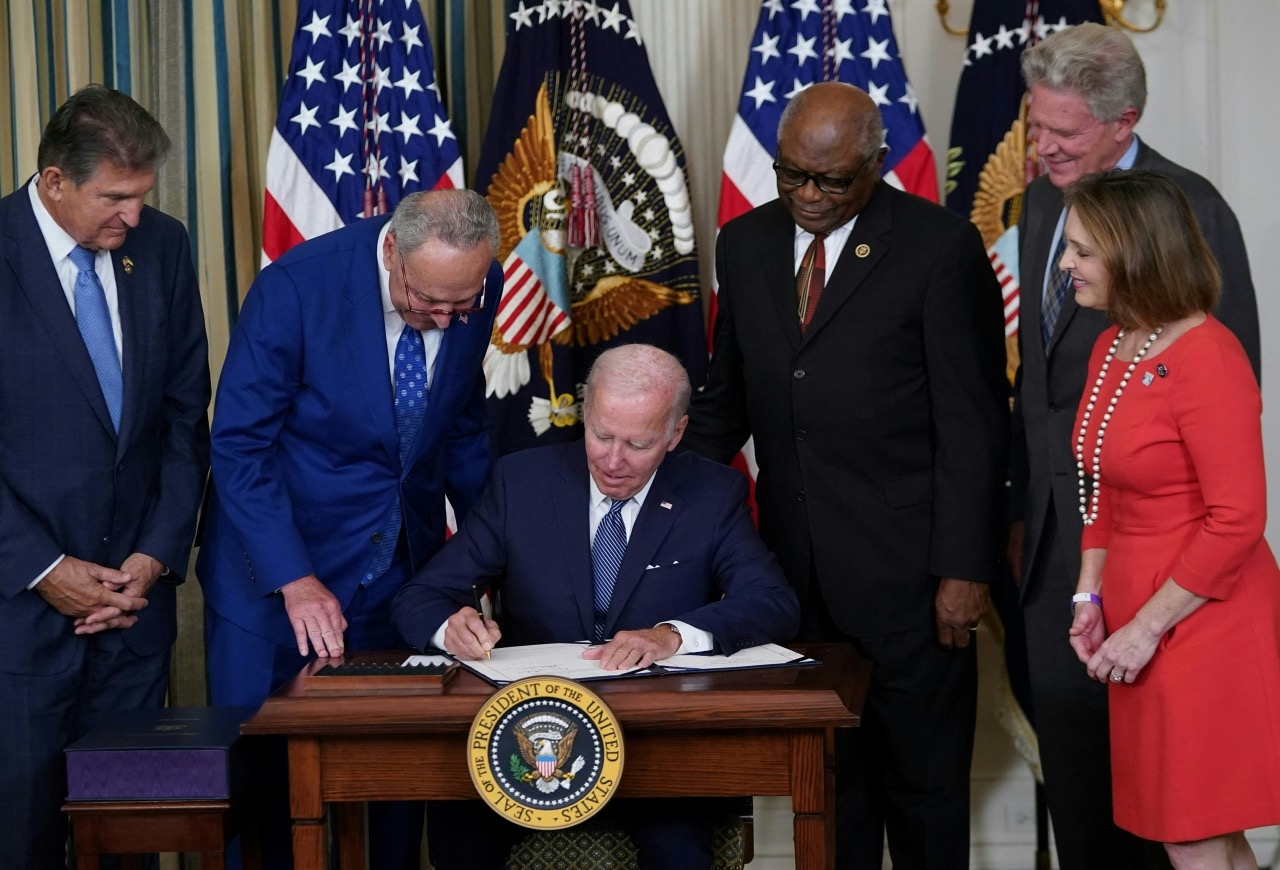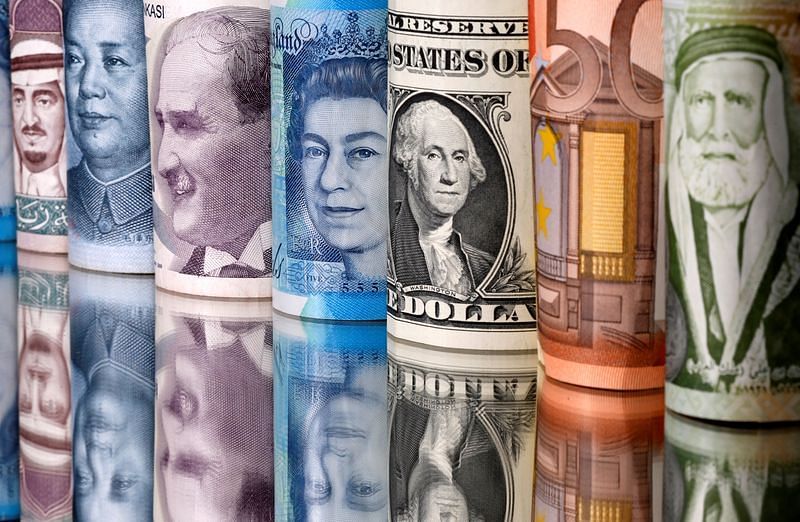On August 16, President Joe Biden ratified the Inflation Reduction Act into law, injecting billions of dollars into the American economy to facilitate green upgrades for homes, businesses, and vehicles. The new law’s sweeping impact on clean energy initiatives has stirred excitement in the investment community, even as its ambitious aims to decarbonize a substantial portion of the American economy draw controversy.
One key provision of the legislation enables Americans earning less than $150,000 per annum to claim a $7,500 tax credit for purchasing an electric vehicle. This is an evident boost to the burgeoning electric vehicle industry and is expected to spur consumer adoption.
Additionally, the legislation allocates $9 billion for rebates that incentivize individuals to electrify their home appliances and enhance their homes’ energy efficiency. Americans can now claim a tax credit for the installation of heat pumps in their homes, further promoting green living.
In its entirety, the Inflation Reduction Act will channel a whopping $369 billion towards clean energy programs and businesses across the nation. Clean energy investors are already reaping the rewards: in the months since the act’s signing, renewable energy firms like NextEra Energy Inc. have consistently outperformed the S&P 500.
Despite its controversial nature – stemming from its sweeping promise to decarbonize 40% of America’s economy over the next eight years – the investment community is bullish. Historically, clean energy catalysts of this magnitude have been known to offer investors the opportunity to exponentially grow their investments.

The 2009 stimulus package signed by President Barack Obama serves as a pertinent precedent. The package, which funneled billions into clean energy firms, essentially “created Tesla as we know it,” according to Bloomberg. Tesla Inc.’s shares have since yielded nearly 10,000% returns, despite recent downturns. Similarly, other clean energy entities that received loans or grants, such as Brookfield Renewable Partners LP, have seen returns well over 1,000%.
Investors in solar energy stand to gain significantly. Following the 2009 stimulus package, America’s solar industry witnessed a staggering 2,500% growth. Given that Biden’s clean energy bill outstrips its 2009 counterpart, the solar industry’s potential for expansion seems formidable.
In 2023, the White House aims to facilitate the installation of solar panels on the rooftops of 7.5 million American homes. This initiative presents an opportune moment for innovative start-ups such as Qnetic, which offers cutting-edge power storage solutions. Qnetic and other such startups, which assist customers in smoothly transitioning to the electric grid, stand to gain substantially from this policy.
Bloomberg has highlighted the global cost of decarbonizing power grids could exceed a staggering $28 trillion. This staggering sum represents a massive opportunity for companies dedicated to steering consumers towards a fully electric lifestyle. The Inflation Reduction Act could potentially be the catalyst that propels these companies into new growth trajectories. As the world moves towards more sustainable and environmentally-friendly energy sources, the act could be a defining moment in America’s green revolution.
©traders-news.online










